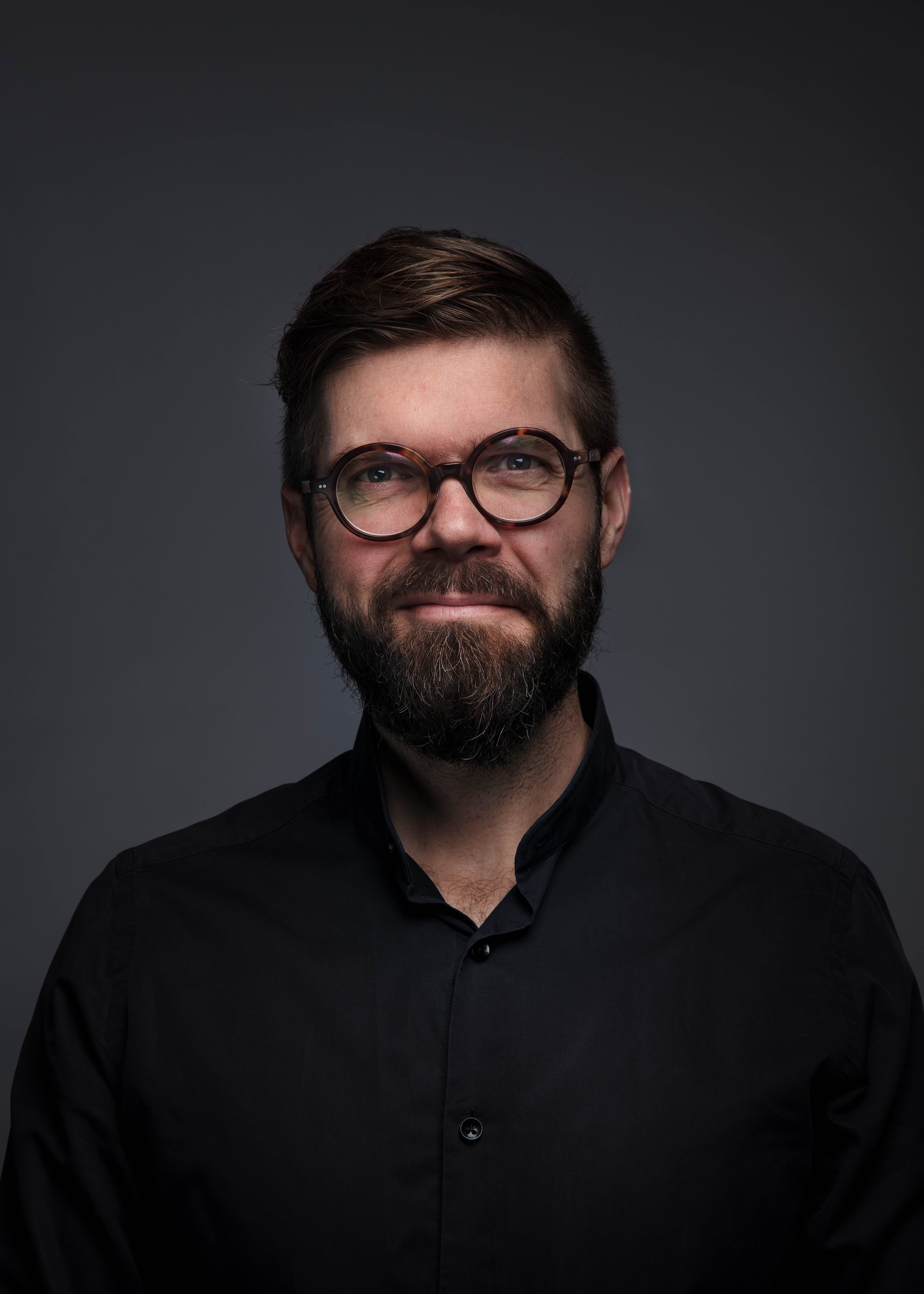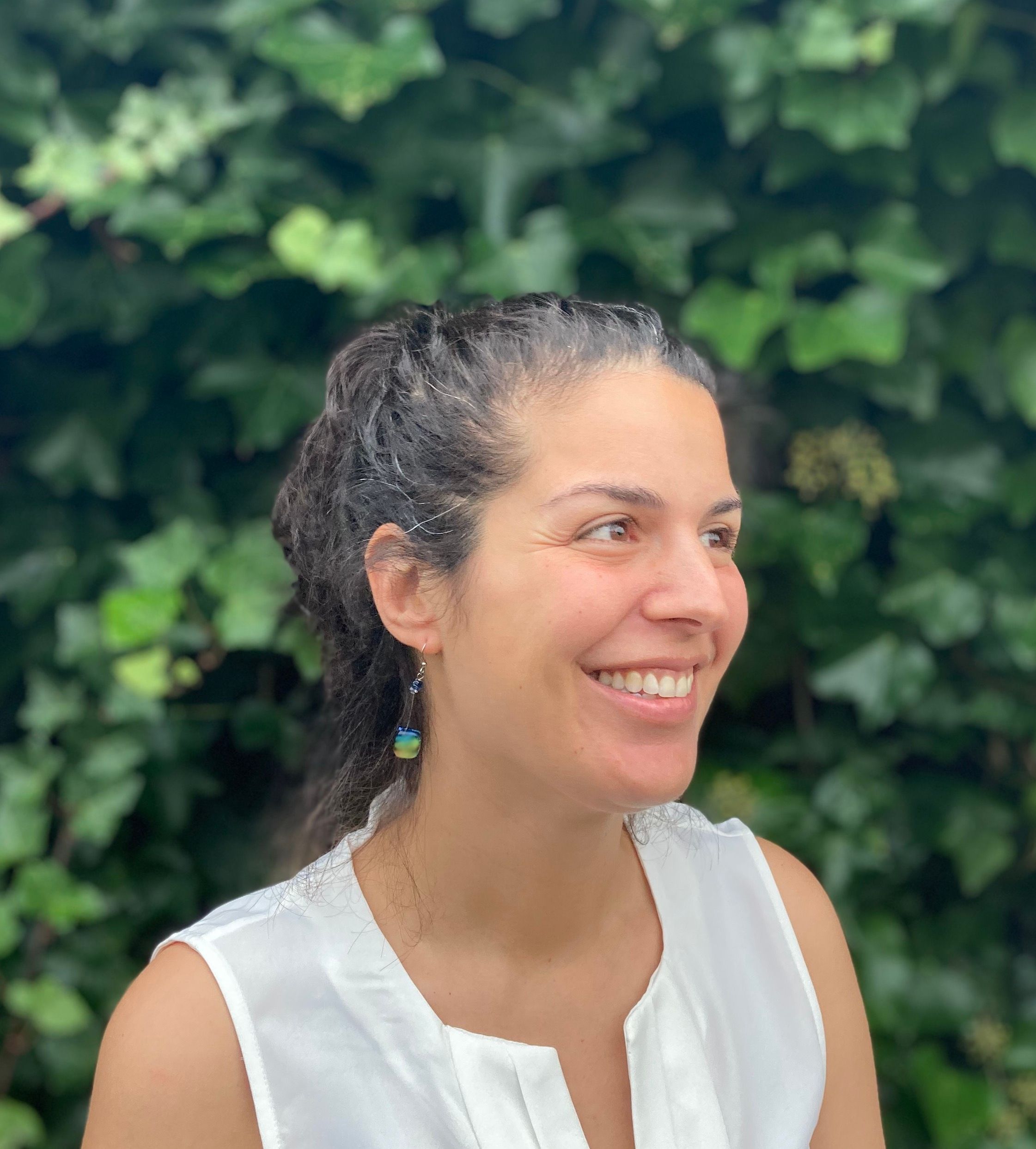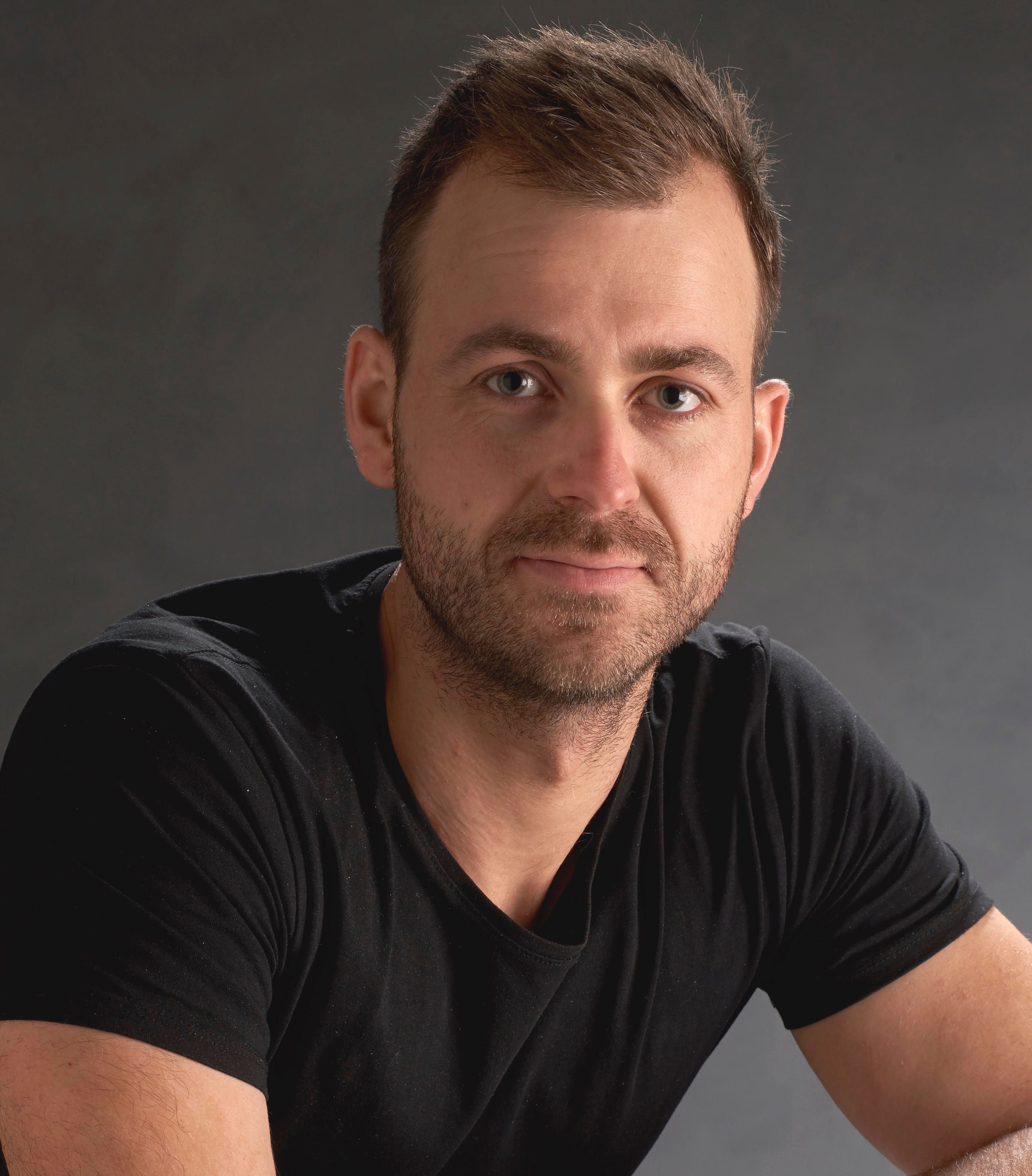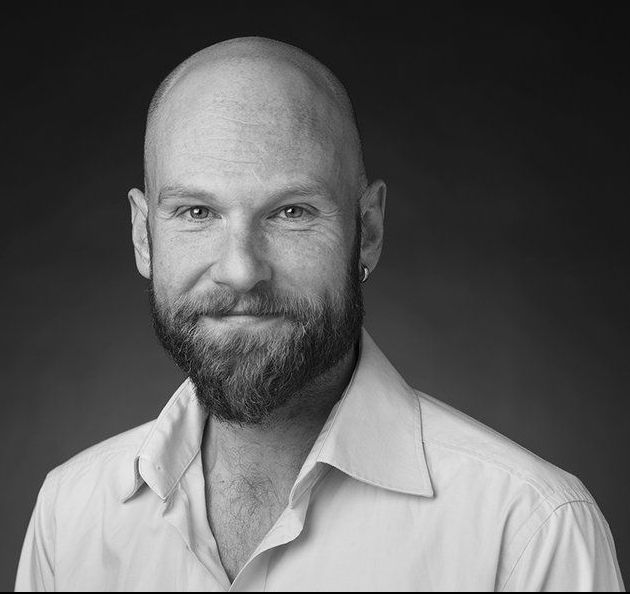Our Project
Material culture is at the heart of human identity and ingenuity. The breadth and complexity of our toolkits have allowed us to adapt to diverse and challenging ecologies throughout our evolutionary history. By investigating the processes by which technology is modified and transmitted across generations, we are uniquely poised to inform how we may harness our species’ innovative potential to thrive in the face of unprecedented environmental change. Play|Object|Play (P|O|P) aims to bring object play and, crucially, play objects in focus. The project seeks to develop an integrative child-centred model of material culture change, drawing on emerging psychological and anthropological understandings of the cognitive and cultural processes by which children develop their tool making skill. The open-access and user-driven cross-cultural database of play objects from ethnographic and ethno-historic contexts is a key research tool in this endeavour.
Our People
Felix Riede is PI of the Play|Object|Play project. He obtained his BA in anthropology & archaeology from Durham University, his MPhil and PhD from Cambridge. Following research fellowships at Cambridge and UCL, he went to Aarhus University where he now is professor of archaeology. Trained in anthropology and archaeology – and with a persistent interest in ecology, evolution, and the earth sciences – he has broad interests in human biological and cultural evolution, the impact of climate and extreme environmental events on society, as well as archaeometric and computational methods. In his research, he often combines cross-cultural ethnographic with archaeological data to better understand how the human mind works, how folks adapted to past environments, and how they adapted the environment to suit their needs.
Sheina Lew-Levy is an assistant professor of Psychology at Durham University. She holds a PhD in Psychology from the University of Cambridge (2019). Drawing from anthropological and psychological theory, she conducts research in hunter-gatherer societies to understand the cultural diversity in, and evolution of, social learning in childhood. Specifically, she has used quantitative and qualitative methods to study how and from whom BaYaka and Hadza children from Congo and Tanzania, respectively, learn through meaningful participation in everyday activities. As the co-founder and co-director of Forager Child Studies, she also conducts cross-cultural reviews and secondary data analysis on the pasts, presents, and futures of hunter-gatherer children's learning.
Marc Malmdorf Andersen is associate professor in cognitive science at the Interacting Minds Centre and Department for Culture, Cognition & Computation, Aarhus University. His research focuses on cognitive models of play and learning, cognitive development, risky play and recreational fear.
Ulrik Høj Johnsen is curator in the ethnographic department in Moesgaard Museum. He holds an MA (2006) and PhD (2020) in anthropology from Aarhus University. He has worked extensively with museum anthropology – both theoretically and practically. In particular, Ulrik has worked with museum collections from Afghanistan and Nepal, and takes particular interests in topics such as collaboration, knowledge production and material culture. Since 2014 he has taught different courses in the Dept. of Anthropology, Aarhus University.
Our Publications
Our Process
Acknowledgements




